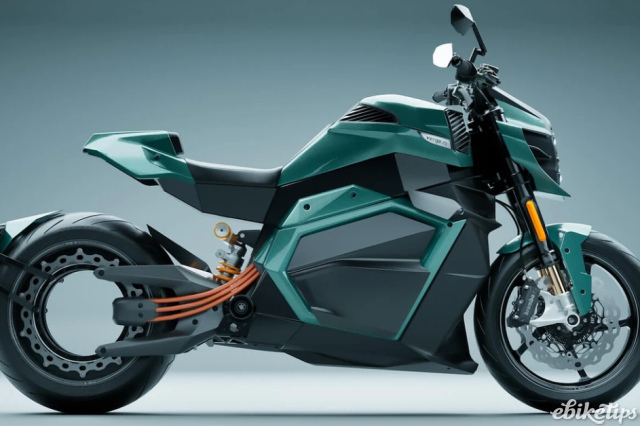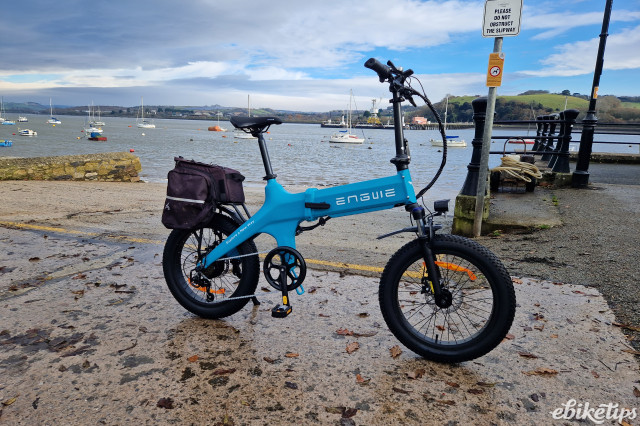Earlier this month residents of Paris voted to ban rental e-scooters in the city, with almost 90% of votes cast in the April 2 referendum in support of the ban.
But micromobility company Beryl insists that despite the vote, e-scooters will continue to play a "vital role" in properly integrated multimodal urban transport.
Phil Ellis, CEO of the company which operates shared e-scooter schemes in partnership with Bournemouth, Christchurch and Poole Council, Norfolk County Council, and Isle of Wight Council, said its shared systems, “not only exist to encourage behaviour change toward shared active travel, boosting air quality and public health while cutting traffic congestion, they also add resilience and patronage to public transport systems.
“Sharing systems play a fundamental role in the public transport mix of a city and can punch well above their weight in improving the health and sustainability of towns and cities,” said Ellis. “Ultimately, they are better with e-scooters in them, than without them.”
> Beryl reintroduces 3mph e-scooter ‘go-slow’ zone on Bournemouth prom
Ellis believes that “proper integration is the key to success,” with Paris an example of how three separate schemes run by three different operators can offer members of the public a “skewed vision on true integration”.
“I believe that the lack of proper integration, and the subsequent public vision this created, actively changed the nature of the Paris referendum,” said Ellis.
“It stopped being a vote on whether shared electric scooters can benefit residents and visitors to a city, instead becoming a vote on whether shared electric scooters should be banned based on what you’ve seen so far.”
The referendum was called partly in response to the number of people being injured and killed in e-scooter incidents. Three deaths and 459 injuries were attributed to e-scooters in Paris last year, compared to one death and 353 injuries in 2021.
Martin Usher, partner in personal injury at law firm Lime Solicitors, said the relationship between e-scooters and other road users has “deteriorated badly in Paris because of a lack of regulation and education”.
“Pedestrians have been put at risk and Parisians have now taken a strong stance against the rental schemes,” said Usher. “This should be a wake-up call to our Government, which is burying its head in the sand over new forms of transport and we must act now to avoid a similar result.
“Despite their environmental benefits, the ongoing failure to act is sadly leaving people vulnerable to preventable injuries. We need proper education campaigns around safe e-scooter use and a comprehensive legislation framework to protect users and pedestrians, and allow the schemes to grow safely.”
Of the 1.38 million people on Paris' electoral register, just over 103,000 took part in the vote on April 2. Operator Tier said with approximately 93% of citizens not going to the polls, “a large majority of Parisians have shown that e-scooters are not an issue”.
The company, which said it was “disappointed with the outcome”, said the decision “goes against the global trend, which see countries and cities around the world embracing low carbon micromobility”.
It added: “Moving away from shared e-scooters also means that Paris is isolating itself from the rest of the world with major capitals like Washington, Madrid, Rome, London, Berlin or Vienna that are all implementing policies supporting e-scooters as ways to reduce unnecessary car usage.”
Paris introduced the rented e-scooters in 2018 and has almost 15,000 of the vehicles across its streets, with operators including Lime, Dott and Tier. These three companies also run London’s e-scooter rental trial, which began in June 2021.
> What could Paris vote on banning e-scooters mean for the UK?
A spokesman for Dott told the PA news agency that there is "no impact" to its services in London and other major European cities. "We will continue to offer e-bikes in Paris and plan to expand our fleet to meet anticipated demand from the 400,000 users of shared e-scooters that will need to find alternative transport."
Privately-owned e-scooters are legal in France and will still be allowed in the capital, with Paris mayor Anne Hidalgo previously describing them as “not a problem”. This is in contrast to the UK, where e-scooters can only be ridden when rented as part of official trials.
> E-scooters and the law: When and where are you legally allowed to ride an electric scooter?




